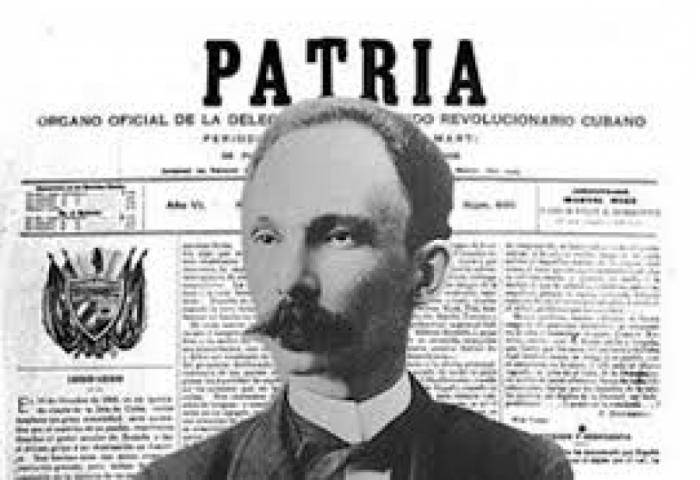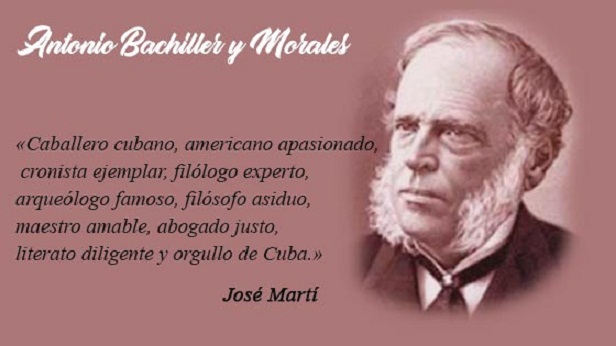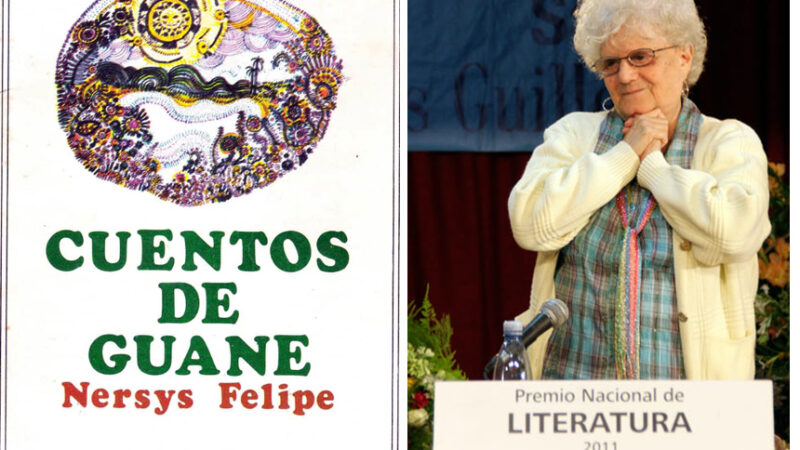Newspaper Patria: Heart and Thought of the Cuban Avant-Garde

No Cuban publication published in the United States had such acceptance and impact as Patria, not only because of the quality of its writings and the dynamism that José Martí was able to instill in it, but also because it was considered by most emigrants and Cubans living in their homeland to be the body of the Revolutionary Party.
However, the national hero did not want Patria, founded on March 14, 1892, to assume this function, since whatever it published would be considered the official declaration of the Party. For this reason, in the second issue, he included an article entitled «Patria, no órgano,» in which he denied that the newspaper «comes to fulfill the mission of a body» of the Party.
Long before the founding of the Cuban Revolutionary Party, he had proposed the creation of a newspaper that would carry the message of encouragement and struggle for which speeches and letters were no longer sufficient. Together with Martí, the editors and the workers worked hard every Friday night to make each issue possible.
This newspaper contained Martí’s outlines of the program that, once independence was achieved, would have to be put into practice in order to establish a true republic, «in the open and cordial exercise of the legitimate faculties of man, and to ensure in peace and work the happiness of the inhabitants of the island,» as one of the first issues emphasized.
With Patria, Martí had in his hands a powerful ideological weapon that allowed him to confront with firmness the expansionist desires of the U.S. Empire and the dangerous expansionist currents that threatened the cause of independence.
Patria has always been an instrument of education, mobilization and organization at the unconditional service of the nation; its 519 issues, of which 161 corresponded to Martí until his death on May 19, 1895, wisely knew how to distance themselves from the capitalist press model and all its myths.
The celebration of Cuban Press Day this March 14, on the 131st anniversary of the founding of the newspaper Patria, is an opportunity to continue the collective and committed construction of journalism, which is a continuity of the combative tradition of this profession, while renewing its methods in accordance with the new times.
In this way, the struggles of yesterday and today are intertwined, and the loyalty of Cuban journalists to the cause bequeathed by the Mambises and that the Revolution, led by Fidel Castro, has made truly independent, after a long period of frustration, but not of indifference, because in each generation that has grown up in the dependent republic, Martí’s legacy has been kept alive.
In Patria, that paper trench that its director defined as a soldier always ready to fight, was also forged the love that nourishes Cubans today and that saves in the face of adversity: that of unity, recognition of merit, appreciation of effort and praise for sacrifice, with a unifying vision together with the Communist Party of Cuba, which is a firm continuity of that founded by Martí, who knew that «we live with our hearts open to all the rights, all the merits and all the glories of our country.’’
Martí turned to journalism to express his thoughts, rich in analysis, warning, vision and poetry. He understood that the homeland had been forged in the mambí camps, and he also stressed the importance of incorporating into the living tradition the richness of spirituality transmitted through artistic and literary creation and the intense revolutionary struggle.
Translated by Luis E. Amador Dominguez



